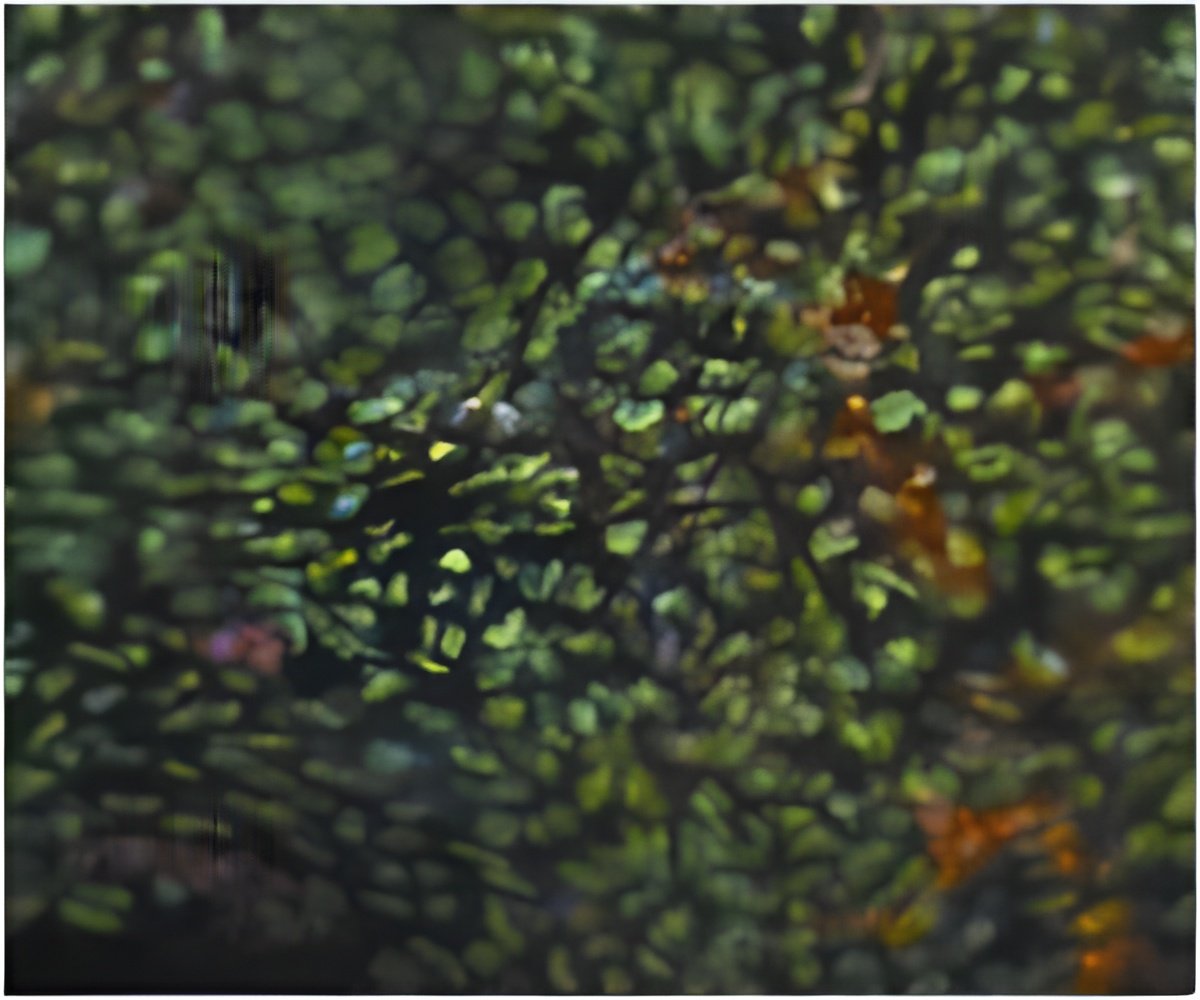Many scientists fear that the immune system may reject transplanted stem cells before they could provide any long term benefit

"Induced pluripotent stem cells have tremendous potential as a source for personalized cellular therapeutics for organ repair," said Joseph Wu, MD, PhD, director of the Stanford Cardiovascular Institute. "This study shows that undifferentiated iPS cells are rejected by the immune system upon transplantation in the same recipient, but that fully differentiating these cells allows for acceptance and tolerance by the immune system without the need for immunosuppression."
The findings are described in a paper to be published online May 30 in Nature Communications. Wu is senior author of the paper. Postdoctoral scholars Patricia Almeida, PhD, and Nigel Kooreman, MD, and assistant professor of medicine Everett Meyer, MD, PhD, share lead authorship.
In a world teeming with microbial threats, the immune system is a necessary watchdog. Immune cells patrol the body looking not just for foreign invaders, but also for diseased or cancerous cells to eradicate. The researchers speculate that the act of reprogramming adult cells to pluripotency may induce the expression of cell-surface molecules the immune system has not seen since the animal (or person) was an early embryo. These molecules, or antigens, could look foreign to the immune system of a mature organism.
Previous studies have suggested that differentiation of iPS cells could reduce their tendency to inflame the immune system after transplantation, but this study is the first to closely examine, at the molecular and cellular level, why that might be the case.
"We've demonstrated definitively that, once the cells are differentiated, the immune response to iPS-derived cells is indistinguishable from its response to unmodified tissue derived from elsewhere in the body," said Kooreman.
Advertisement
Previous studies in mice have shown, however, that even genetically identical iPS cells can trigger an immune response after transplantation. For the past six years, the Wu laboratory has been investigating how to use immunosuppressive medications to dampen the body's response to both embryonic and induced pluripotent stem cells to render them more amenable for clinical use.
Advertisement
The researchers then differentiated the iPS cells into endothelial cells, which line the interior of the heart and blood vessels, before transplantation. They compared the acceptance of these iPS-derived endothelial cells with that of naturally occurring endothelial cells derived from the aortic lining of donor mice. As with the previous experiment, all the transplanted cells were genetically identical to the mice in which they were injected.
Unlike the undifferentiated iPS cells, though, both the iPS-derived endothelial cells and the aortic endothelial cells survived for at least 63 days after transplantation.
Next, the researchers repeated the experiment, but removed the grafts 15 days after transplantation. They found that although immune cells called lymphocytes were present in all grafts, they were much more prevalent in the grafts of undifferentiated iPS cells. Lymphocytes in the grafts of undifferentiated iPS cells were also expressing relatively high levels of genes known to be involved in hostile immune responses. In contrast, lymphocytes in both types of endothelial cell grafts expressed higher levels of genes known to be involved in dampening the immune response and inducing self-tolerance.
Finally, the researchers directly examined a type of lymphocyte called a T cell. They found that, while the grafts of undifferentiated iPS cells harbored large numbers of T cells of only a few specificities — indicating a robust immune response — those found in grafts of the two types of endothelial cells were more diverse, suggesting a more limited response associated with a phenomenon known as self-tolerance.
"The immune response to the iPS-derived endothelial cells and the aortic endothelial cells, and the longevity of the grafts, was very similar," said Kooreman. "If we specifically look at the T cells, we see they're also very similar and that they look much different from grafts that are rejected."
Wu, who is also a professor of cardiovascular medicine and of radiology, said, "This study certainly makes us optimistic that differentiation — into any nonpluripotent cell type — will render iPS cells less recognizable to the immune system. We have more confidence that we can move toward clinical use of these cells in humans with less concern than we've previously had."
Source-Eurekalert








